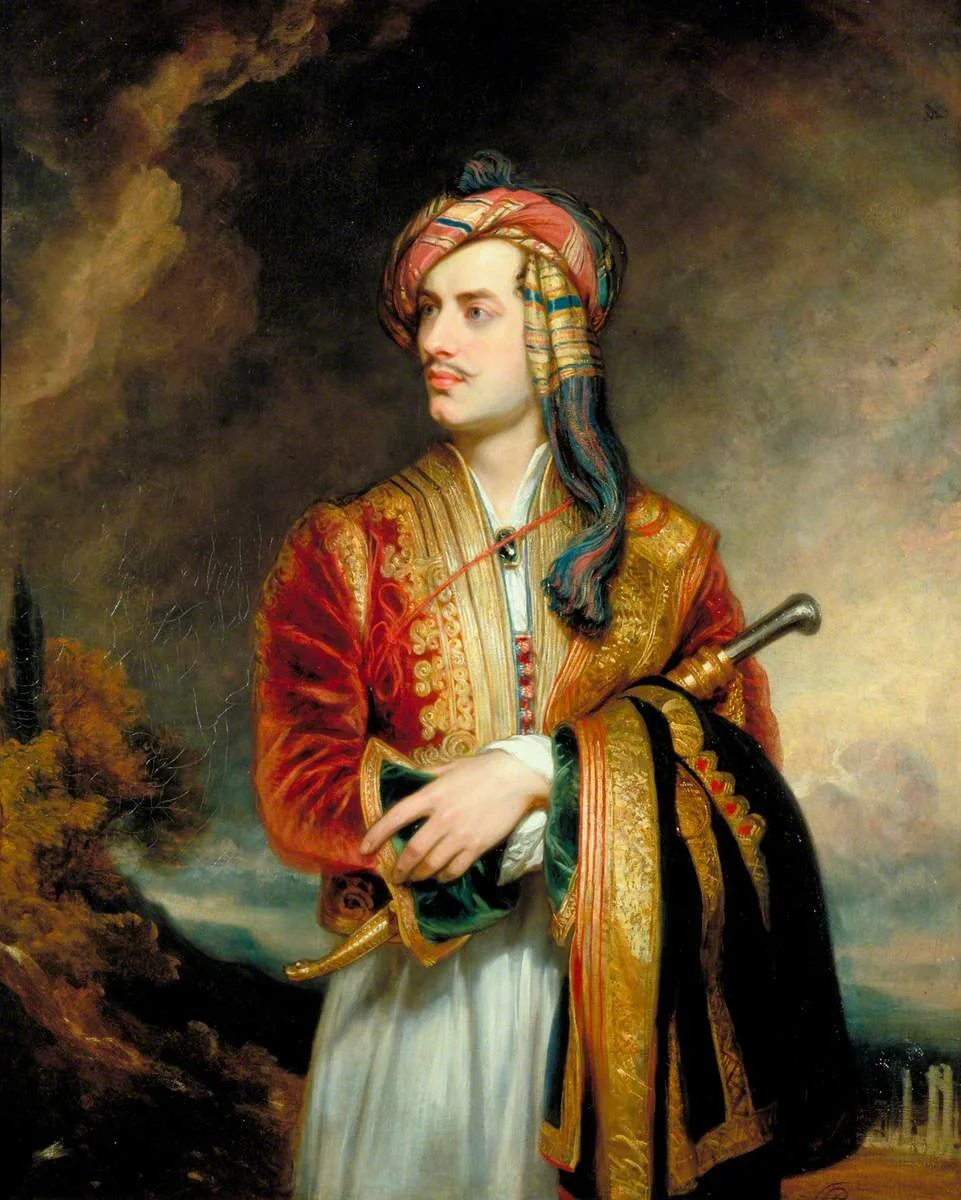Moralism in an Ironic Age: Samuel Johnson and David Foster Wallace
This episode is part of a series of responses to Episode 2.8 of the Genealogies of Modernity podcast.
When I was in college 10 years ago, it was fashionable to perform an ironic attitude toward the world. Millennials were dubbed the ironic generation. The New York Times ran articles advising us on “how to live without irony.” In that environment, David Foster Wallace’s “This Is Water” speech struck an immediate chord. His simultaneous disavowal of organized religion’s authority, which we felt we had seen through, with earnestness about how to live decently resonated deeply. He was neither church lady nor Brooklynite; rather, he was a kind of hipster who used words like “idolatry” seriously. And he had suffered: he had been through the disappointments and disillusionments of trying to satisfy himself with false gods, and in the end he had taken his own life. That won him real credibility.
Now, well into the third decade of the twenty-first century, I am no longer so sure that irony is the motif of college life. My students speak of their studies and aspirations with either intense moralism, seeking to make the sacrifices social justice requires, or with a deep cynicism, planning to go to D.C., Chicago, New York, or San Francisco to live the life of alienated young professionals. In hindsight, I think we could historicize the David Foster Wallace moment and say that he spoke to an America that was moving from the heady unipolar world of the 1990s to the disappointments and defeats of the War on Terror. He unsettled our collective, easy assumption that our system—the system of liberalism and democracy—would necessarily triumph. For us college students, he punctured the blithe justification of our status and position as the winners of the meritocracy; those who had climbed through many standardized tests to earn the luxury of being English majors. Irony—to like Harry Potter and FroYo, but not so much as to be uncool—was our shield against uncomfortable doubts about ourselves and about our situation.
Portrait of Byron by Thomas Phillips (Government Art Collection)
But what is particularly modern or genealogical about all of this? One way the modern can be defined is by the rise of the association of the artist’s genius with suffering. This is the image of Beethoven, deaf in his garret while he descried the notes for the Ninth Symphony. This is also the image of Lord Byron, dying of fever in a foreign land, fighting for Greek independence. It is a nineteenth-century image. Its underlying assumption is that great art emerges from within the artist himself. The artist is not looking to, or imitating the pattern of, anything external.
The older model of artistry ascribes genius to the artist’s work, not to his experience. T. S. Eliot, aiming to get away from what he felt was an excessive focus on the emotional life of the artist, wrote in “Tradition and the Individual Talent” that in critical evaluations of a poet, “We pretend to find what is individual, what is the peculiar essence of the man… Whereas if we approach a poet without this prejudice we shall often find that not only the best, but the most individual parts of his work may be those in which the dead poets, his ancestors, assert their immortality most vigorously.” Eliot did not mean that a great artist simply copies or derives his work from a preceding tradition, but rather that the laborious training and diligent preparation that go into any great work constitute a process of self-effacement. An artist must strip away all that is merely and peculiarly particular about one’s self and one’s insights in favor of having something to say of real significance for the ages. Eliot’s richest image for this is to compare the poet to the platinum that catalyzes a chemical reaction—linking experience and audience without any partiality or egotism getting in the way: “The more perfect the artist, the more completely separate in him will be the man who suffers and the mind which creates; the more perfectly will the mind digest and transmute the passions which are its material.”
Jesse Talbot, The Happy Valley, from Rasselas, the Prince Meditating His Escape (1800s)
For me, Eliot’s attempt at recovering a pre-modern attitude here captures the ethos of Samuel Johnson beautifully. Johnson, as our podcast reminds us, suffered deeply. He knew the pain of sickness, loss, and even madness—to the point, it seems, of being shackled ostensibly for his own protection. Yet there is not a hint of self-absorption or self-importance in Johnson’s writings. His social criticism never condescends to his countrymen for their undeniable blind spots. He certainly will use stinging irony to get his point across, such as when he asks American Revolutionaries “How is it that we hear the loudest yelps for liberty among the drivers of negroes?” in his essay in defense of British rule in North America, “Taxation No Tyranny.” But Johnson’s irony is always deployed in the service of deeper understanding of a human condition that he shares with his readers. Thus the grandiose opening of “The Vanity of Human Wishes:” “Let Observation, with Extensive View, survey Mankind, from China to Peru,” should be read seriously as reflecting an ambition to catalog all species of human folly and self-deception. Wallace, for all of the pathos of his life, had a similar outlook. I think he would have been the first to say that his writings should be scrutinized for the capital-T truth they might convey, not for any insight into his biography.
In another vital respect, we might categorize Johnson and Wallace as unmodern, or at least as self-aware moderns. Modernity is at least in part the democratic age, which Alexis de Tocqueville defined as the period unable to conceive a legitimacy apart from equality. As a consequence, the significance of the individual’s deeds fades away and we come to think of history as the unfolding of vast, impersonal trends. Plato’s ancient view of the downside of democracy complements this insight from Tocqueville: he thought that its psychological consequence was that the democratic man would come to assert an equality among all his different desires—whether to drink himself sick every night, sign up for the army, or study a little philosophy—were on the same plane. Both Johnson and Wallace assert that moral standards are knowable to human beings, and that the moral or immoral deeds of each soul matter. This makes both of them indispensable reading for us moderns in order that we might use them to become more earnest, not more cynical.
Luke Foster is a postdoctoral research scholar in Political Science at the University of Notre Dame, where he researches the civic role of the university and teaches Franco-American political thought. He holds a PhD from the Committee on Social Thought at the University of Chicago and a BA in English and History from Columbia University.

